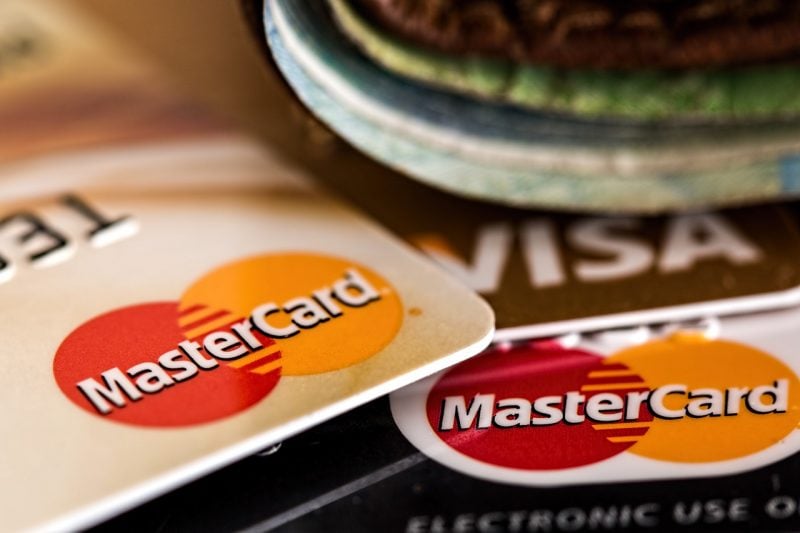The Rise of Digital Payments in Morocco
A growing number of small businesses in Morocco are shifting their preference from cash to digital payments. According to a recent study by Visa, two-thirds of these businesses now favor digital transactions for enhanced security and efficiency. This trend reflects a broader transformation in the country’s commercial landscape, driven by technological advancements and changing consumer behavior.
Adoption of Electronic Tools
The study revealed that nearly 60 percent of small and medium enterprises (SMEs) have been using electronic tools for over three years. Many of these businesses report increased sales and improved financial management as a result. The adoption of digital payment systems is particularly evident in major cities like Casablanca and Marrakesh, where cafés, retailers, and other local businesses increasingly display card terminals and QR codes.
Despite this progress, cash still holds a significant share of commercial transactions nationwide, accounting for about 63 percent. Moreover, 42 percent of businesses operate exclusively in cash, highlighting the challenges that remain in fully transitioning to digital methods.
Barriers to Digital Payment Adoption
Merchants often cite several factors that hinder the widespread adoption of digital payments. These include high banking fees, the cost of necessary equipment, and increased fiscal scrutiny. Additionally, Morocco has only 80,000 payment terminals available for its 2.5 million small firms, which limits access to digital infrastructure.
However, there is a noticeable shift in merchant attitudes. 56 percent of merchants now express greater trust in digital systems compared to previous years. Meanwhile, 71 percent view cash as riskier due to concerns about theft or disputes, indicating a growing recognition of the benefits of digital solutions.
Economic Implications and Future Outlook
With the 2025 Africa Cup of Nations expected to attract thousands of visitors, Moroccan authorities see modernized payment systems as a crucial step toward enhancing economic efficiency and expanding financial inclusion. The event presents an opportunity to showcase the country’s readiness to embrace digital innovation, potentially encouraging more businesses to adopt electronic payment methods.
As the demand for seamless and secure transactions continues to rise, the transition from cash to digital payments is likely to accelerate. This shift not only supports business growth but also aligns with global trends in financial technology and economic development.
Challenges and Opportunities Ahead
While the momentum toward digital payments is strong, several challenges remain. The lack of infrastructure, such as limited payment terminals, and the costs associated with digital adoption continue to be obstacles for many small businesses. However, with increasing trust in digital systems and the potential benefits they offer, there is a clear path forward.
Authorities and financial institutions may need to address these barriers through targeted policies, subsidies, or partnerships that make digital payment tools more accessible and affordable for SMEs. By doing so, Morocco can further strengthen its economic foundation and position itself as a leader in digital financial services across the African continent.
Conclusion
The move toward digital payments in Morocco represents a significant shift in how small businesses conduct their operations. While cash still plays a dominant role, the growing preference for digital methods highlights a broader acceptance of technology in daily commerce. As the country prepares for major events and continues to invest in financial infrastructure, the future of digital payments looks promising.
